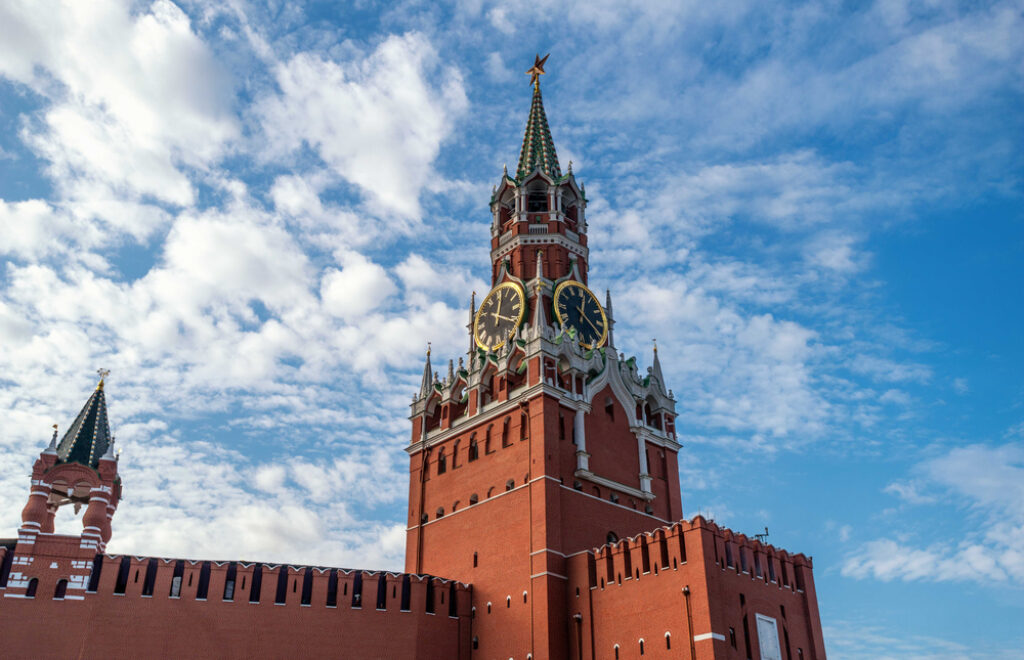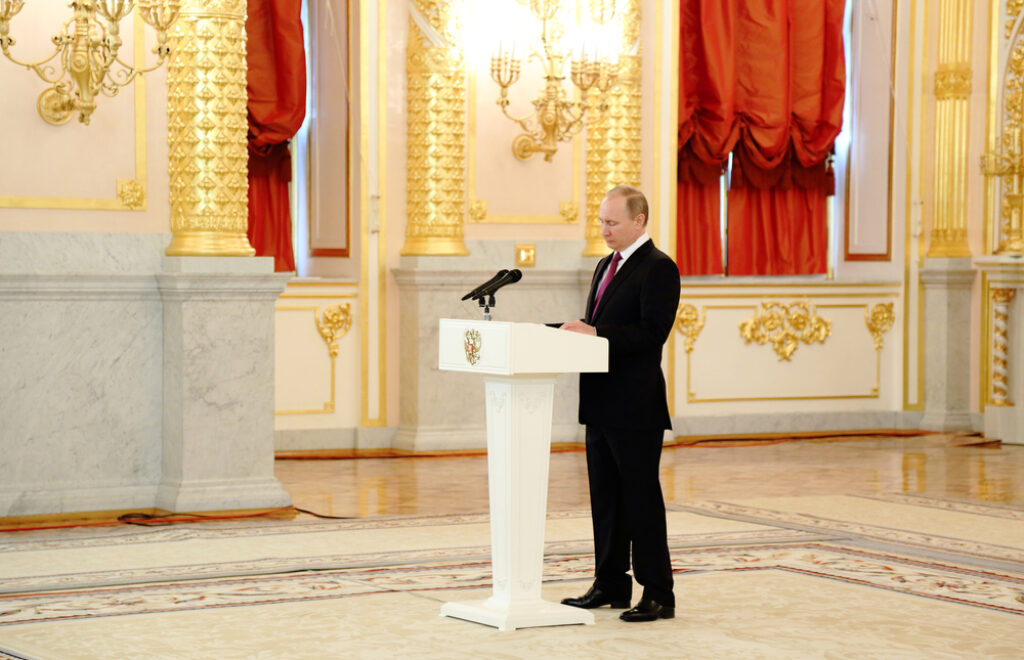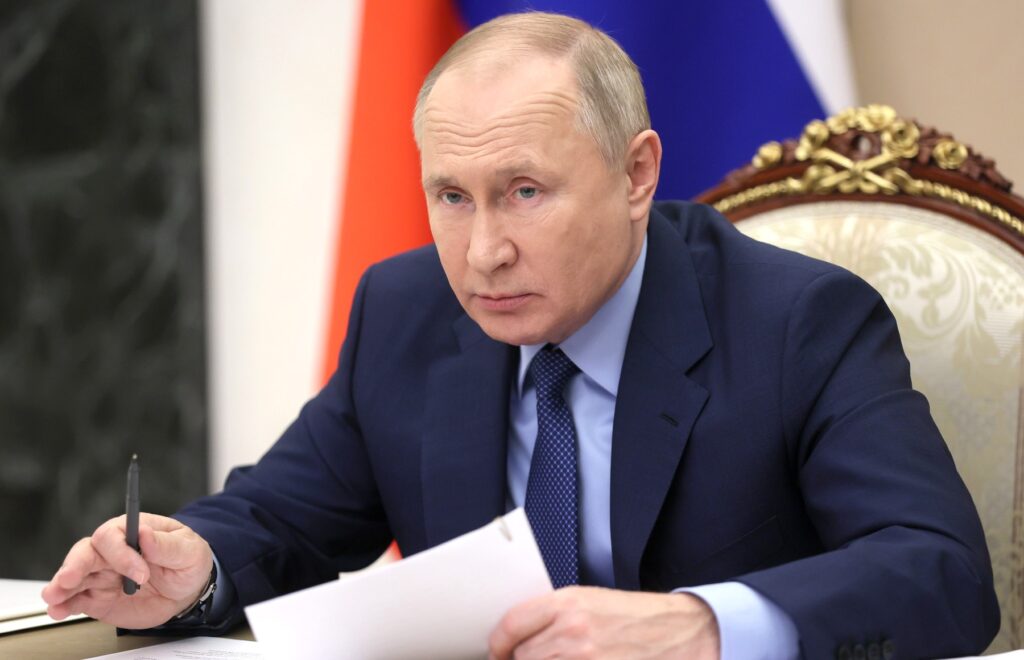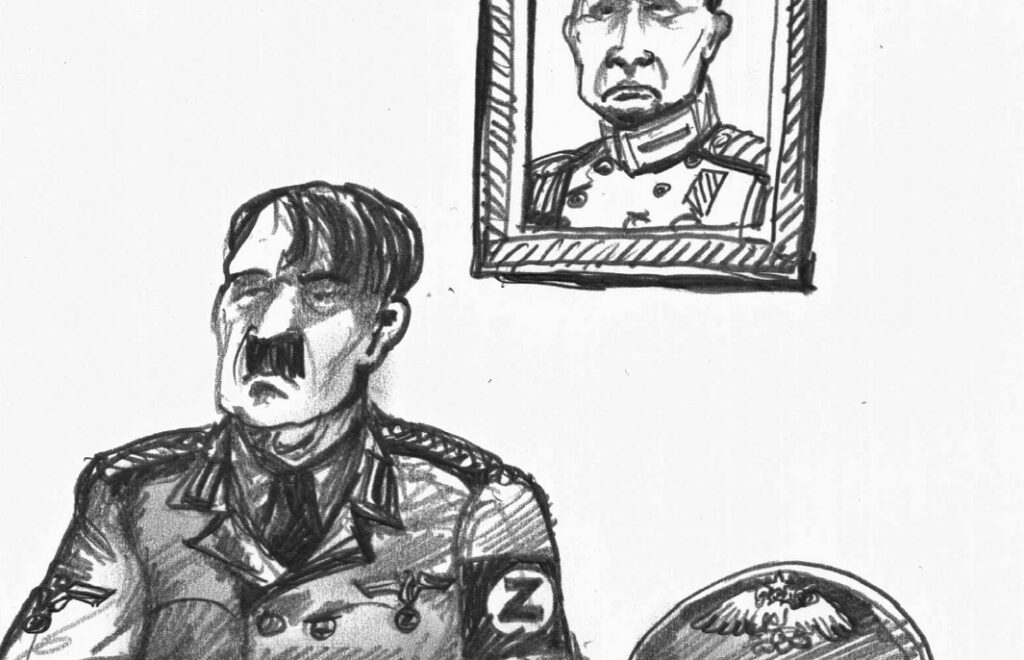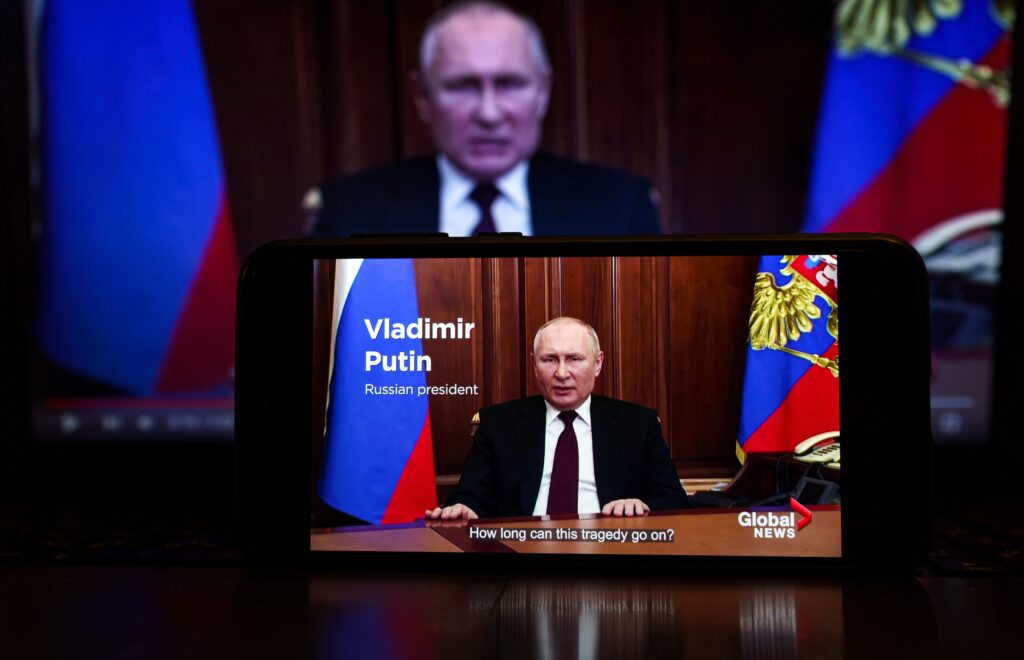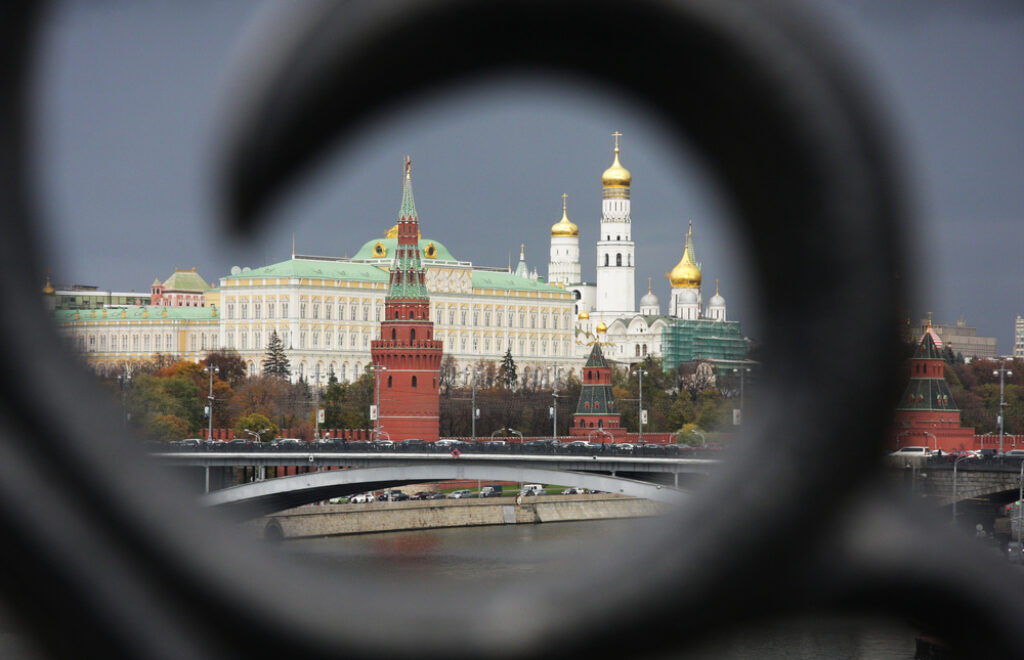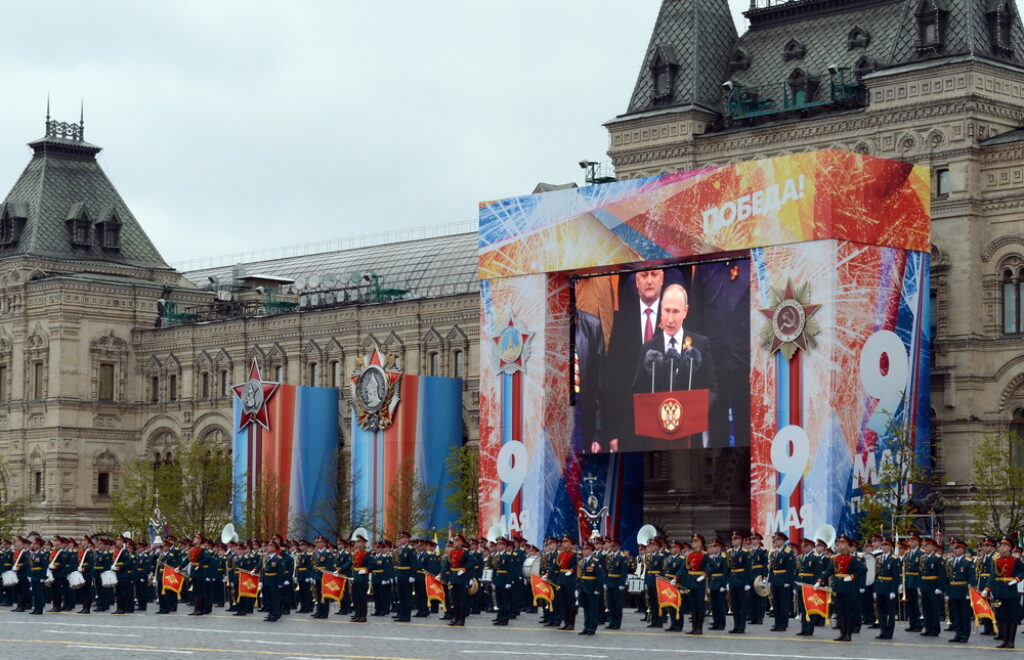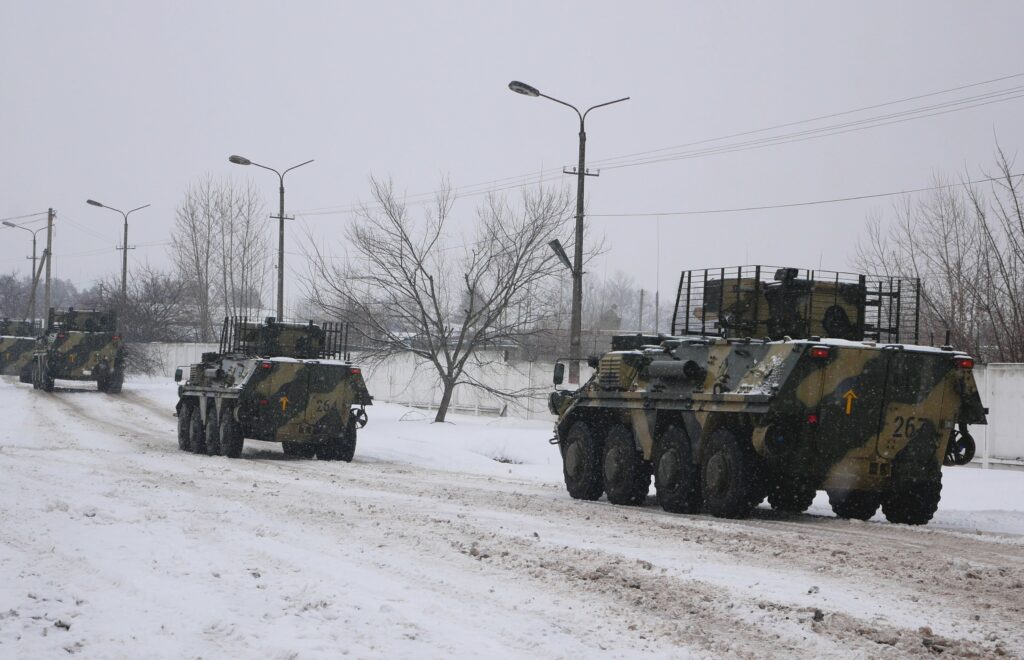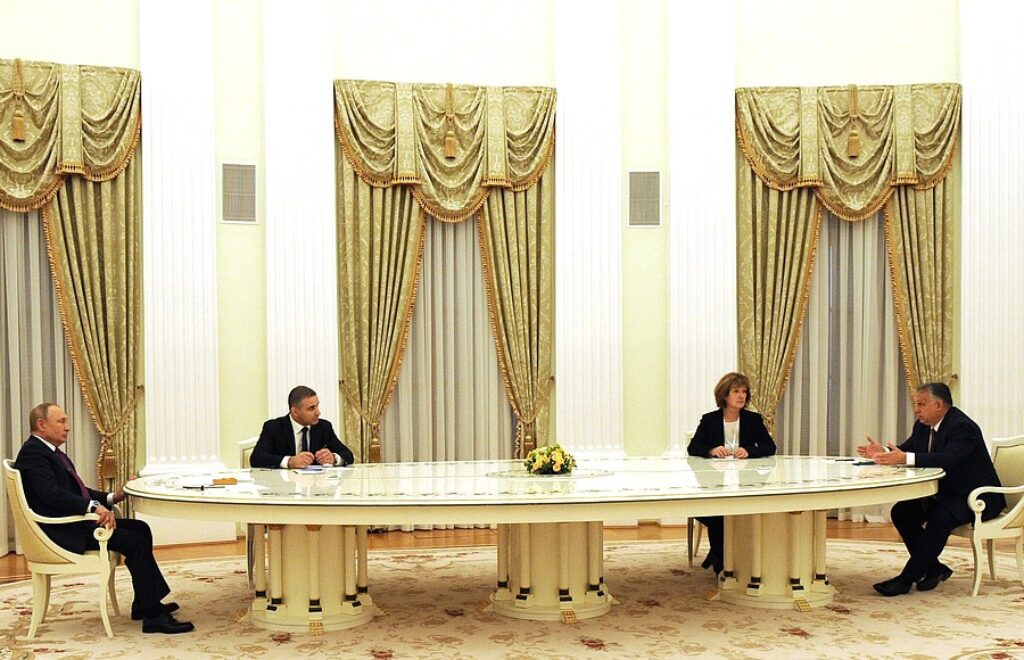What would be the consequences of a Russian collapse?
One of the reasons for Vladimir Putin's invasion of Ukraine was to accelerate the process of dividing and weakening the West while strengthening his internal position by repeating the “Crimea effect” of 2014. Meanwhile, there are many indications that through the war in Ukraine, Putin may instead be contributing to the disintegration of the Russian Federation. This would be a paradox of history, as he has accused his predecessors of contributing to the greatest geopolitical disaster of the 20th century, which is how he defined the collapse of the Soviet Union.
December 8, 2022 - Agnieszka Legucka


